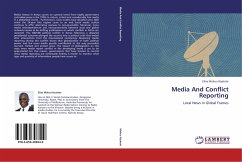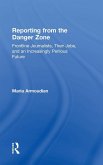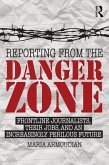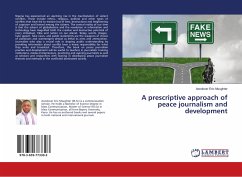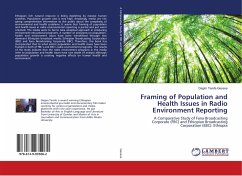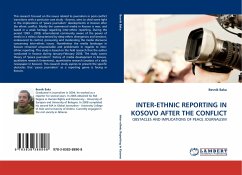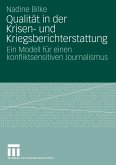Media history in Kenya curves an upward trend from highly government controlled press in the 1970s to robust, critical and considerably free media in a globalized world. . Furthermore, news outlets have doubled since 2002 when the 24-year Moi regime came to an end. Social media outlets continue to offer alternative avenues to non-journalists. Moreover, news media interdependence and interconnectivity between local and global networks seems to be shifting justifications on which conflicts in Africa are reported. The 2007/08 political conflict in Kenya following a disputed presidential outcome plunged the country into a political crisis that ended after intervention from the international community. Reviewing media reporting during this conflict shows that globalization of both political power and the news media greatly contributed to the way journalists sourced, framed and primed news. The impact of globalization on the ways news media report conflict in the developing world is yet to be appreciated. For this reason, governments that have tended to control news media reporting are continually finding it harder to monitor what type and quantity of information people have access to.
Bitte wählen Sie Ihr Anliegen aus.
Rechnungen
Retourenschein anfordern
Bestellstatus
Storno

